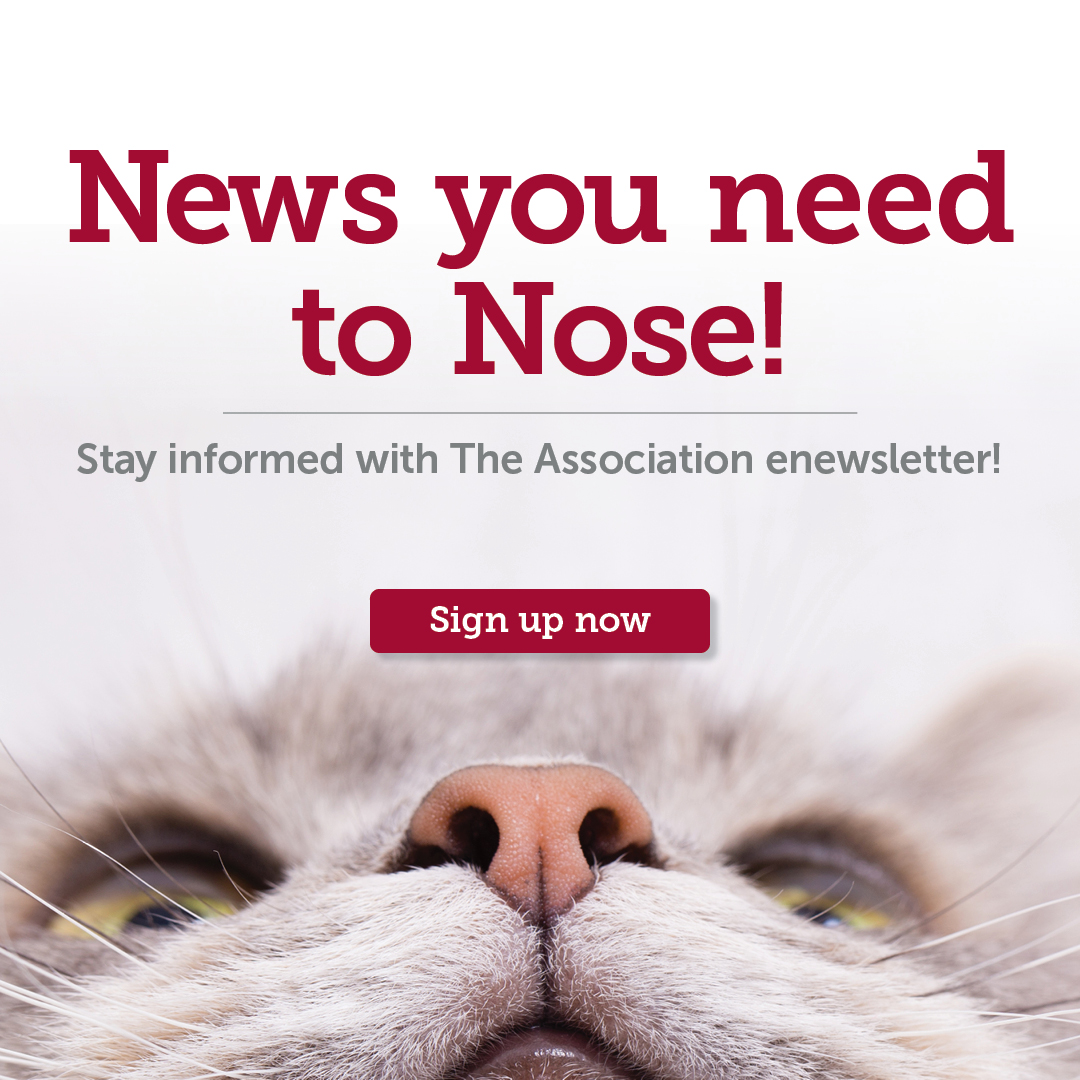News, ideas & inspiration from industry leaders

Guest Voices: Lily Yap on Things That Aren’t Roadkill
What do YOU see by the side of the road? The Division Manager at Grand Prairie Animal Services discusses how negativity bias can cause our minds to jump to the worst-case scenario—and get really judge-y in the process.
After supporting our Field Team with deceased animal calls during a time of understaffing, my tendency to see everything as roadkill is worse than ever. Now, no bag, box, or rare leopard print blazer is safe from being initially misidentified by my wandering eyes. It’s surprising how quickly and consistently my brain defaults to the worst—where else has my gut reaction been leading me astray? This “reptile brain” negative bias was critical for survival when we had to be extra cognizant of camouflaged predators lurking in the dark, but I’d say that it doesn’t benefit us as much in our interactions and perceptions of the world today.
Prior to my zeal for the Adopters Welcome playbook, I was highly critical of adopters—especially those interested in the animals I was personally fostering. Once, I received an inquiry from a college student for a gorgeous, white and merle Aussie mix I fostered called Otterpup. Working in a college town, I thought college students disproportionately surrendered their animals. Just as if you could swear it’s something more macabre in the road when it’s really just a Taco Bell bag posing as a dark orange tabby, my gut reaction was to assume the worst. Surely there was no way this “kid” could provide a suitable home for Otterpup. Despite my hesitation, we proceeded forward, and guess what? She is now one of my favorite adopters, regularly sending many pictures and updates about Otterpup’s progress and their lives together. She even came back years later to adopt another rescue from our shelter. If I had ultimately let my preconceived notions dictate this decision, it may have set a negative tone that impacted how this extraordinary pet owner views pet adoption in general.
By approaching each situation with a clean slate, and allowing ourselves to gather more information about each scenario, we may discover an opportunity to engage more positively with our community
More recently, our team has had to be more mindful of the proverbial roadkill mirages when creating or updating policies and procedures, especially those that are punitive in nature. Negativity bias can cause our minds to jump to the worst-case scenario and build standards around exception cases. Although safety nets can benefit the overall population, when a protocol is to routinely dole out punishment or set up barriers to the general population that hasn’t merited that treatment, we have a problem. Regarding our organization’s enforcement branch charter, we take cruelty very seriously. But approaching each case as if it were already a cruelty conviction—that immediate assumption of worst-case scenario, that immediate image of roadkill—could perpetuate the distrust that police departments and animal services are increasingly combating. By approaching each situation with a clean slate, and allowing ourselves to gather more information about each scenario, we may discover an opportunity to engage more positively with our community. Where we assume we have roadkill, we might actually have a stylish blazer.
In The Association’s DEI Ambassador training, we discussed how our individual experiences are unique and affect the lens through which we see and interact with our day-to-day. That is to say, we judge immediately. We may be inclined to see roadkill when it isn’t there. We may be inclined to see cruelty, someone who doesn’t care, or [insert YOUR worst trigger situation here] when it isn’t there. This is not to say that there isn’t a role for our gut instincts, but rather an invitation to take a pause and consider the effect an action will have on the overall operation and mission. Mistaking a pancake-d space heater is pretty harmless, but we can avoid so much damage to our animals, staff, and the families in our communities by maintaining this awareness together.
Learn More
Adopters Welcome playbook
Guest Voices: Lily Yap on Leading Upside Down
Guest Voices: This Is The Way We Always Did It
Photo: Unsplash



